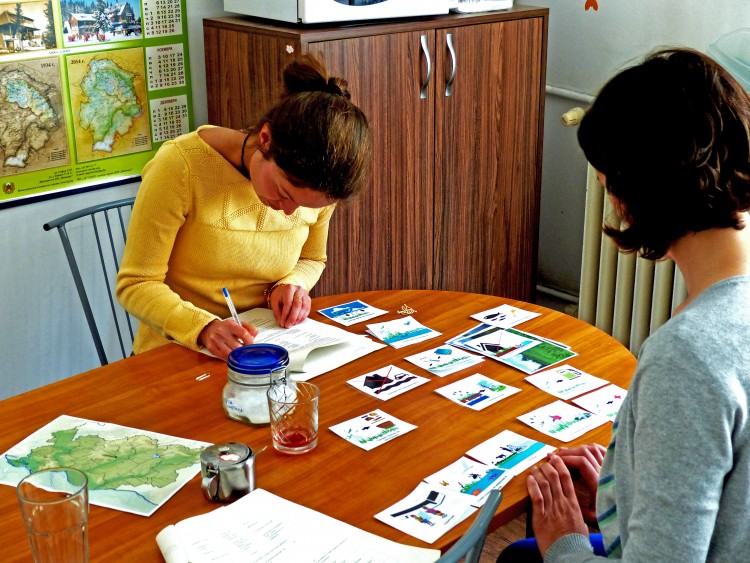
The Lower Danube Exemplar investigates how ecosystem services and natural capital concepts will be used to estimate direct and indirect socio-economic benefits, such as flood mitigation, enhancement of water quality, fishing grounds, and carbon sequestration, across the Romanian- Bulgarian border.
On the 12 Feb 2014, the OPERAs Lower Danube exemplar case study met with institutional stakeholders from the Lower Danube pilot. This meeting was organised by WWF, in Pleven, the regional city in the case study pilot area.
The purpose of the stakeholders meeting was to introduce key institutional stakeholders with project targets and activities, mostly focusing on the Bulgarian Danube and local level context. The meeting gathered 20 experts from environmental, fisheries, agriculture and local government institutions, and academia representatives.
Participants were provided with an introduction to ecosystem services and detailed review of the OPERAs project and workplan for the Lower Danube. Discussion sessions were held to identify key ecosystem services and drivers and pressures to be included in our analyses. The key ecosystem services identified by institutional stakeholders included erosion and landslides control, water quality regulation and fish nurseries (fish population maintenance) by wetlands.
The meeting demonstrated that the understanding of the ecosystem services provision in the pilot area is good but also that it is necessary to increase awareness among local users and residents of the Lower Danube case study area. In a joint effort, the Institute of Environmental Studies in Amsterdam (IVM-VU) and WWF have therefore set-up a study to investigate the socio-cultural values of ecosystem services in the Lower Danube exemplar. A socio-cultural valuation method has been developed and tested by Samantha Scholte (IVM-VU) and WWF (see photos). The interviews will be conducted in April, with local citizens, farmers and fishermen.
It was felt by local stakeholders that the main threats to the Lower Danube ecosystem is infrastructural development for improving navigation and energy production (water power plants). The basis of this discussion has influenced the OPERAs team allocation of tools which will be tested correspond to needs identified during the meeting and stakeholders emphasised on their need especially in the development and implementation of regional development strategies.
A number of local institutions expressed that they are ready to support the OPERAs project activities, including the Sofia University "St. Kliment Ohridski", Faculty of Biology and the D.A. Tsenov Academy of Economics, Department of Law and Ecology.
